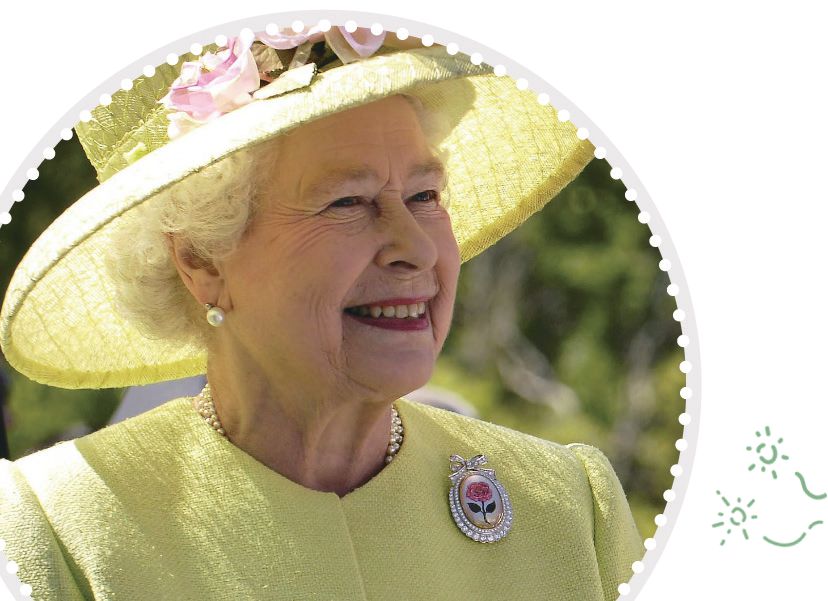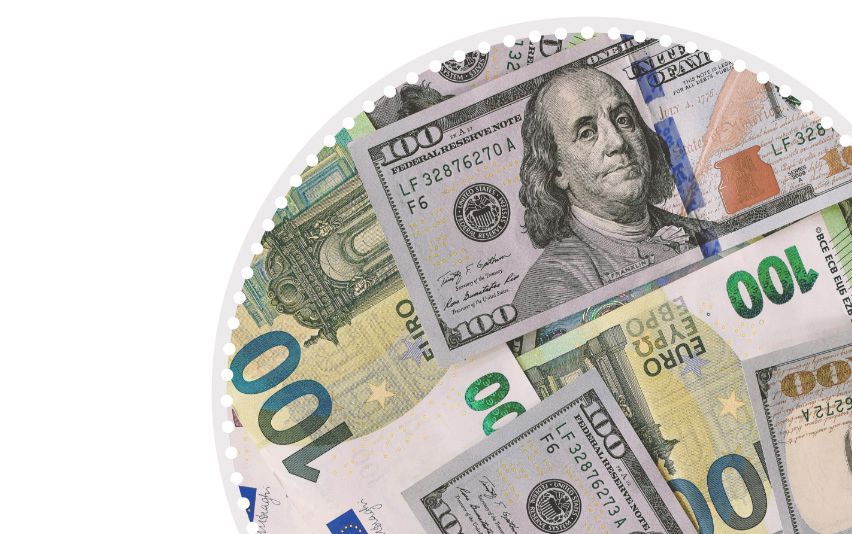

On February 22, 2022, Russian President Vladimir Putin approved Russian aggression on Ukrainian territory. He emphasized that this act is a special military operation, not the beginning of a war.
In response, the United States and Western nations announced the largest economic sanctions against Russia and the puppet states of Donetsk and Lugansk, both supported by Russia. By February 24, shelling had broken out across Ukraine. The two countries have been negotiating since February, but the end of the war is still out of sight.
The Ukraine War has destabilized the global supply chain and caused prices of natural gas and crude oil to soar. According to the United Nations Refugee Agency (UNHCR), the number of refugees in Ukraine was approximately 11.15 million as of August. Meanwhile, as of October 21, Russia had lost 66,750 soldiers, 269 planes, 2,573 tanks and 243 helicopters.
2. Squid Game Won the Emmy Awards

In September, Squid Game won six Emmy Awards. The Emmy Awards is the most prestigious awards ceremony in the U.S. broadcasting industry and is watched by millions of people worldwide.
Yumi Lee won the Outstanding Guest Actress in a Drama Series, with Donghyuk Hwang taking Best Director. Squid Game's biggest star, Jungjae Lee, was also awarded Outstanding Lead Actor in a Drama Series. The drama also picked up awards for Outstanding Stunt Performance, Outstanding Production Design for a Narrative Contemporary Program. In total, the show was nominated 14 times for 13 categories at the Emmy Awards.
It is the first time that a non-English speaking drama has been nominated at the Emmy Awards since they were first held in 1949. Squid Game previously proved the tremendous impact of K-drama by winning the 79th Golden Globe, the 28th American Actor Association Award, the 27th Critics Choice Awards, and the People's Choice Awards.
According to Bloomberg News, Squid Game has created revenue streams worth over $900 million. The drama has also become Netflix's all-time most-viewed show in 94 countries. Los Angeles designated September 17 as Squid Game Day to commemorate the social and cultural influence of Squid Game. Jungjae Lee and Donghyuk Hwang were awarded the Culture Medal on November 2 by the Ministry of Culture, Sports and Tourism, who recognized their contribution to the development of Korean culture and arts.
3. Queen Elizabeth II Has Died

Queen Elizabeth II, who was loved and respected by Britain and the rest of the world for 70 years, passed away on September 8. The Royal Family announced that The Queen died peacefully in the afternoon in the Balmoral Castle, Scotland. Prince Charles, the Queen's eldest son and heir, immediately took the throne as Charles III. Elizabeth II, who remained Queen for 70 years, was recorded as the longest-serving Commonwealth monarch in history. Her life is modern history itself. As Princess Elizabeth, she served in the British Army during World War II, and after her coronation, she returned independence to former British colonies and the end of the British Empire. During her tenure, countless turbulences continued, including the Cold War confrontation between the U.S. and the Soviet Union, the collapse of the communist bloc, the unification of Germany, the launch of the European Union, and the subsequent withdrawal of the U.K. The Queen met 14 U.S. presidents, and Prime Minister Truss, who recently resigned after less than 45 days in office, having been the 15th British Prime Minister since the Queen's inauguration.
4. The Fed Has Implemented an Unprecedented Interest Rate Hike

On November 3, the U.S. Federal Reserve Board (Fed)'s benchmark interest rate soared to 4%. The reason behind the rise in the benchmark interest rate is the global supply chain crisis caused by the Ukraine War and the U.S. consumer price index (CPI) rose to 9.1%, which is the highest in 41 years. The Federal Reserve, the U.S. central bank, has steadily raised its key interest rate since March this year. The two big steps were in March and May, and the giant steps were announced in June, July, and September.
Nevertheless, senior Fed officials have insisted on raising the benchmark interest rate to the mid-to-late 4 percent range. As a result, the Bank of Korea also raised its key interest rate by 0.5%p from 2.5% to 3% on October 12. Some experts were concerned about a slowdown in the domestic stock market and the real estate market, but said the decision was inevitable to preemptively prevent the foreign exchange crisis.
Reporter,
Seunghoe Koo rokeet@seoultech.ac.kr


 Comment 0
Comment 0 Posts containing profanity or personal attacks will be deleted
Posts containing profanity or personal attacks will be deleted